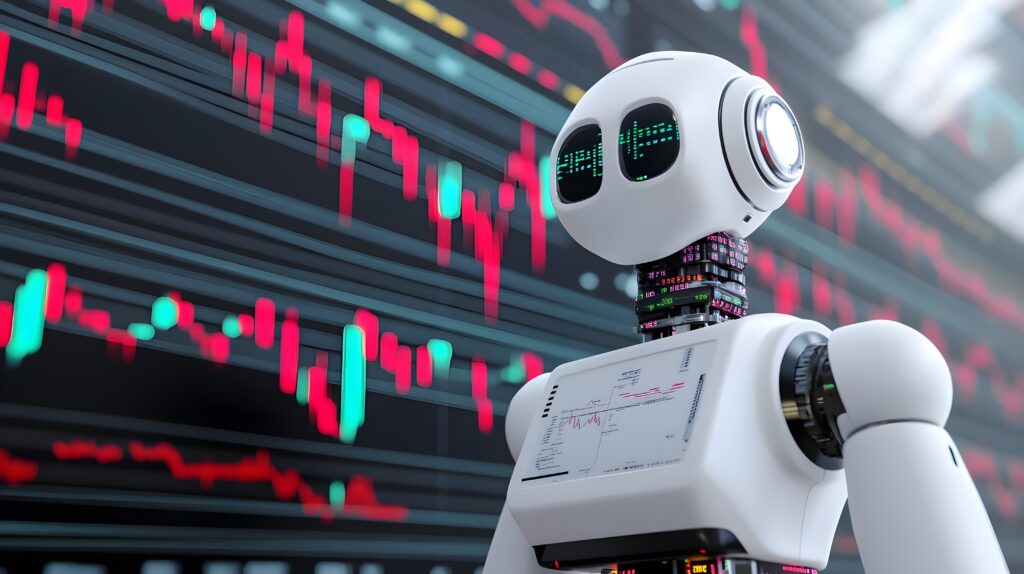It wasn’t Bono who stole the show at Davos. It wasn’t even Will.i.am, Marc Benioff or Gary Cohn. Nor was it any of the cohort of billionaire bankers, or the powerful and connected.
It was a 16-year-old schoolgirl from Sweden. Between organising student strikes in protest of climate change, Greta Thunberg took a 32-hour train journey to make her mark on the World Economic Forum. The global hobnobbing event for the rich and famous was not her usual style. Rather than 5-star luxury, Greta was happy in a canvas tent in the freezing winter weather in Switzerland. It was ridiculous, she thought, to be hosting a global conference with a focus on climate change with everybody flying in on private jets and staying in 5-star hotels.
And she told them so.
Out of the mouths of children, as the saying goes. Sometimes, the truth comes from the most unlikely sources. But Greta had blame shamed some of the most powerful people in the world. “You are not mature enough to make the right decisions for the planet,” she told them.
It’s a bit like the questions my own child asks me at home. It’s a little uncomfortable but you feel overawed to think you can do something. Until you see somebody like Greta.
Companies, after all, have tremendous power. They have the power to make a lot of money. They also have a power to do things for other reasons, and not everything we do should be defined by chasing profit.
So, when my own daughter asked me not only the classic question: “What do you do at work?”, but also “Does it help the planet?”, I was proud to have a worthy answer.
We work under a purpose statement that defines the company: “To help the world run better and improve people’s lives.” It’s not lip service or a slogan it can display in the company reception to impress visitors. It’s something employees believe in and something that is driving growth and innovation within the organisation.
Today, there is incredible convergence in our professional and personal lives. We’re seeing individuals unwilling to compromise on personal beliefs and values. Often, it’s the youngest generation, the ‘Gretas’, who are coming into the workplace who are driving the change.
Purpose in practice
Much has been written over the years about the ‘Millennial’ generation. In fact, we have been writing about Millennials for so long that we are seeing the first cohort of the generation below, Gen Z, now coming into
the workplace.
By 2025, Millennials will make up 75 percent of the world’s working population. Millennials want change and are committed to doing something about it. The Millennial manifesto is different to the one their parents lived by. Millennials will put purpose above profit and seek out a business that does good. They view positive social change as a life goal, and prefer to buy brands from companies with a purpose beyond products.
This is at the heart of purpose. A purposeful business doesn’t just ask itself about what it does with the money it makes. It asks itself how it makes its money and creates positive value, rather than just shareholder dividend. It’s where the ‘what’s good for the world’ and the ‘what’s good for businesses’ align.
Purpose as a movement
We work with 92 percent of Forbes’ Global 2000, and our technology touches 77 percent of the world’s supply chain. We have extensive technological resources and talent around the planet, and that’s something we want to leverage to have a positive impact. And so, we’ve aligned our purpose to helping tackle some of the world’s biggest problems, recognised as the UN’s Sustainable Development Goals.
We are by no means alone in our resolve to make the world a better, more sustainable place. Many of the companies and organisations we work with, both large and small, have also made these goals a guiding tenant of their businesses. With the power of many organisations working together towards the same goals, purpose has the force to become a global movement.
A purposeful business asks how it makes its money and creates positive value, rather than shareholder dividend
Taking on the plastics challenge
In 2018, we partnered with WRAP UK to help it take on one of the SDGs: Responsible Consumption and Production. Of the 9.1 billion tonnes of plastic waste accumulated in the world, just nine per cent has been recycled and just 12 percent has been incinerated. The rest ends up in our oceans, landfills and general environment.
But WRAP is striving to change that. To back that effort, and alongside some of the world’s biggest companies, including Coca-Cola, Danone and Pepsico, we pledged to support The Plastics Pact. What does that mean? It means that, with our partners, we’re using technology to help businesses actively solve the problem of plastic waste.
The data already exists to solve the problem of plastic waste, but it’s trapped behind company firewalls. Through informed partnerships with people and organisations all along the plastics supply chain, from manufacturing to waste management, we can use our Leonardo technology, including IoT, AI and machine learning, to share real-time data that will allow responsible consumption and sustainable goals while retaining trust and privacy compliance.
Companies are often blamed for many of the biggest challenges in the world – but they are also the most equipped to lead a change, often using technology. I believe every company needs to take a stand to drive action on the issues that are plaguing the world. It’s how companies respond to those that will influence where people spend their money or where they choose to work. When we are diverse and open-minded employers, it also makes us better companies to work for and produces better results.
When my daughter asks me what I’m doing to save the world, I’m proud I have an answer, and am working for a company that has an impact. But as Greta showed us at Davos, it’s a question being asked by many around the world. And they’re not hearing an adequate response. We need to act now to ensure that, next time the question is asked, we have a better answer, and that we have a purpose.




